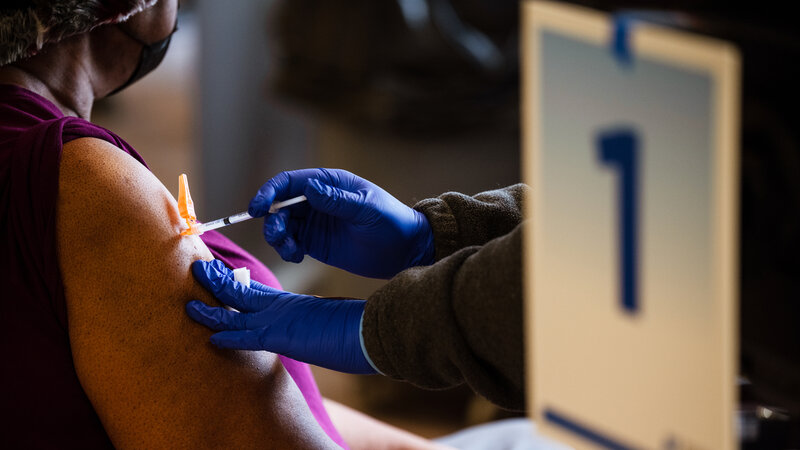https://www.npr.org/sections/health-shots/2023/03/28/ [login to see] /weathering-arline-geronimus-poverty-racism-stress-health
In 2020, the overall life expectancy in the U.S. dropped by 1.5 years, largely due to the COVID-19 pandemic. But the reduction wasn't shared equally among the general population; Native American people lost an average of 4.5 years of life expectancy; Black and Hispanic people lost, on average, 3 years, while white people lost only 1.2 years.
This figure tracks with other health trends: In general, Black and Hispanic people and those living in poverty in the U.S. have worse health outcomes — more high blood pressure, higher rates of diabetes and increased maternal and infant mortality — than the overall population.
Public health researcher Arline Geronimus from the University of Michigan says the traditional belief that the disparities are due to genetics, diet and exercise don't explain data that's accumulated over the years. Instead, she makes the case that marginalized people suffer nearly constant stress from living with poverty and discrimination, which damages their bodies at the cellular level and leads to increasingly serious health problems over time.



 Poverty
Poverty Racism
Racism Medical
Medical Health
Health


